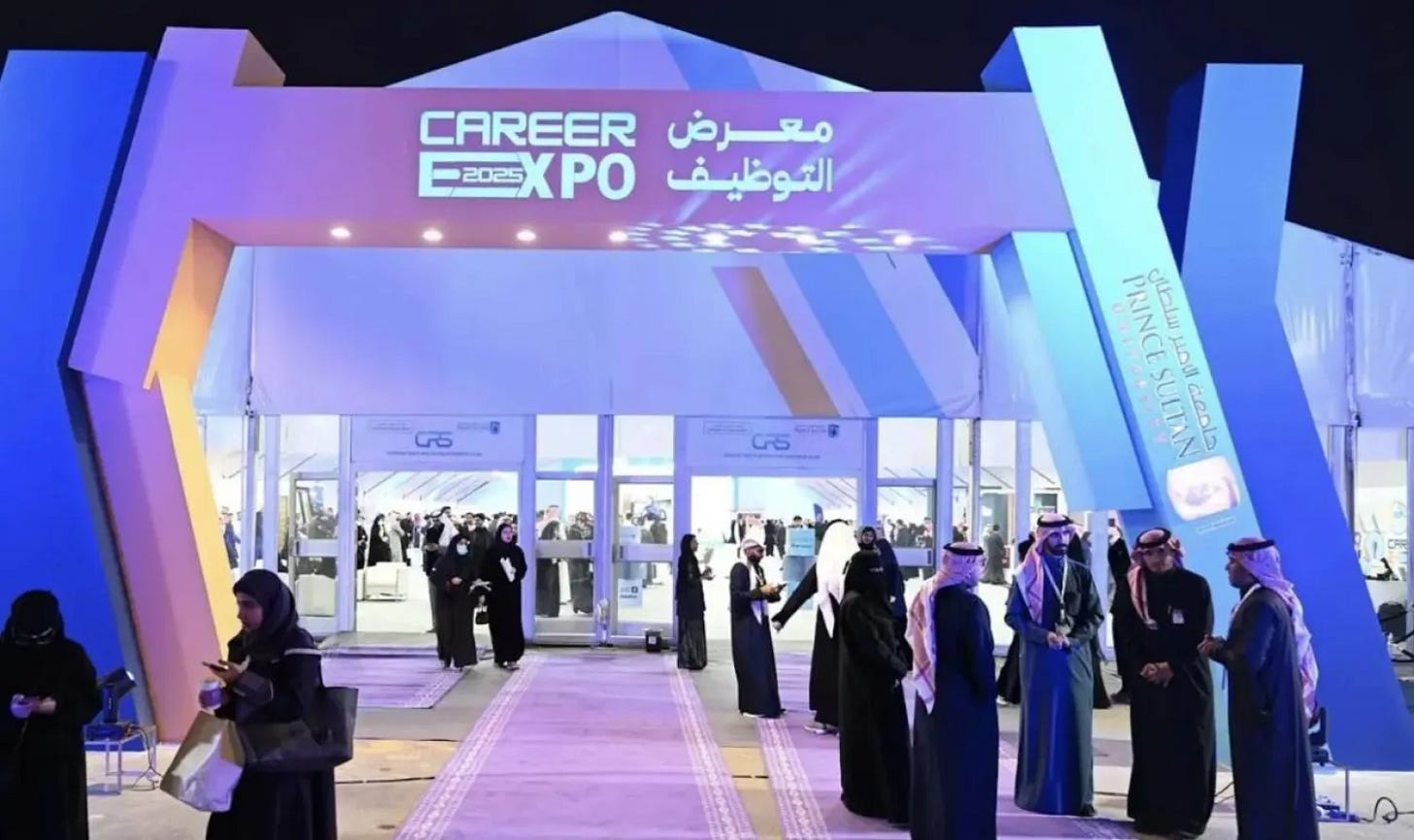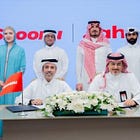Saudi's PIF $8B Writedown: From Utopian Dreams to Nationalisation and Regional Integration
Miscalculations and mismanagement are redirecting Riyadh inwards.
At the close of 2024, Saudi Arabia’s largest sovereign wealth fund, the Public Investment Fund (PIF), recorded an $8 billion writedown. This development underscores a growing reality: Riyadh has been squandering capital on overhyped megaprojects that have proved unrealistic and overly ambitious amid mounting economic pressures. This financial setback comes against the backdrop of a Middle East increasingly turning to nationalisation, and a Gulf region moving towards integration, both shaped by the Iran–Israel confrontation and the looming threat of its renewal.
The PIF’s $8 billion loss, detailed in its 2024 annual report, stems from overinvestment in projects like Neom and Qiddiya, part of Vision 2030’s diversification push. With assets under management rising 19% to $913 billion, the fund’s shift from international to domestic investments reflects a broader regional trend of nationalisation. This inward focus, however, risks exposing Saudi Arabia to domestic economic vulnerabilities amid oil market volatility, intensified by the Israel-Gaza war and a potential 10% oil price spike.
This inward shift has been accelerated by regional volatility. Iran’s missile attack on Qatar’s Al-Udeid air base has heightened tensions and pressured Gulf states to deepen economic integration. A prime example is the Jahez Group’s $245 million acquisition of a 76.56% stake in Qatar’s Snoonu, which exemplifies cross-border synergy in e-commerce and logistics, pending regulatory approval by year-end. Similarly, Qatar’s approval of the GCC railway project signals a strategic response to regional instability, securing supply chains in the event of imminent attacks. Both developments came in the immediate aftermath of the Iran–Israel war.
The PIF’s writedown may serve as a reality check for Riyadh, highlighting the Kingdom’s economic pivot inwards as it adapts to a war-torn region. Saudi is likely to press ahead with recent localisation efforts and deepen integration with the Gulf bloc. However, it risks further depleting its sovereign wealth if investment in technology and renewables continues unchecked.




